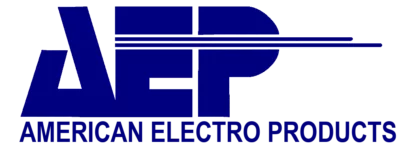
As an electroplating services supplier catering to the military and aerospace industries, among others, we are constantly faced with challenging plating requirements. These are communicated in ASTM, AMS or military specs. These requirements translate to specifications for adhesion, thickness, solderability and porosity.
Compliance is often dependent on part features beyond the electroplaters control. For instance, challenges can arise from a part’s fragile nature, which may lead to handling difficulties or oxidation and scale from heat treatment. This can result in poor cosmetics or inadequate plating adhesion. Neither are acceptable. So, how can these issues be mitigated? By meticulous handling methods and superior cleaning processes. Both require great care, dedication and patience, but the commitment pays off.

Thickness of a precious metal is a critical factor. Exceeding it either increases costs for the customer or reduces profitability for the supplier. Minimum thickness of plating must always be met, at a specified point of measurement, and possibly at a particular CpK level. Several factors must be controlled to meet the required spec, AND keep the accountants happy. These include part geometry, metals in the electroplating bath and proper amperage. As we discussed in our last blog, X-ray Fluorescence (XRF) is the best tool to measure thickness, if you have the correct application and the XRF unit is properly maintained.
Electroplating is indeed a “special process”, whereby not all the quality requirements or performance characteristics can be inspected. Therefore, processes must be controlled to assure that the electroplated components meet the customers’ expectations. There are many ingredients to the recipe for success: plating bath temperature, chemical expiration dates, cleaner, activator and filter changes, and well-demonstrated employee competency.
With mission critical applications, where lives depend on it, parts cannot be just good enough. In other words, quality is no longer simply hitting the target. Quality is striking the bullseye. Every time. It is only achieved when strict, continuously improved processes and related control systems are firmly in place. And verified. AS9100 accreditation assures that a supplier has proper processes in place to flow down requirements, and Nadcap verifies that these processes are in control.
Problem solving and adapting to ever changing requirements is the world we live in.

